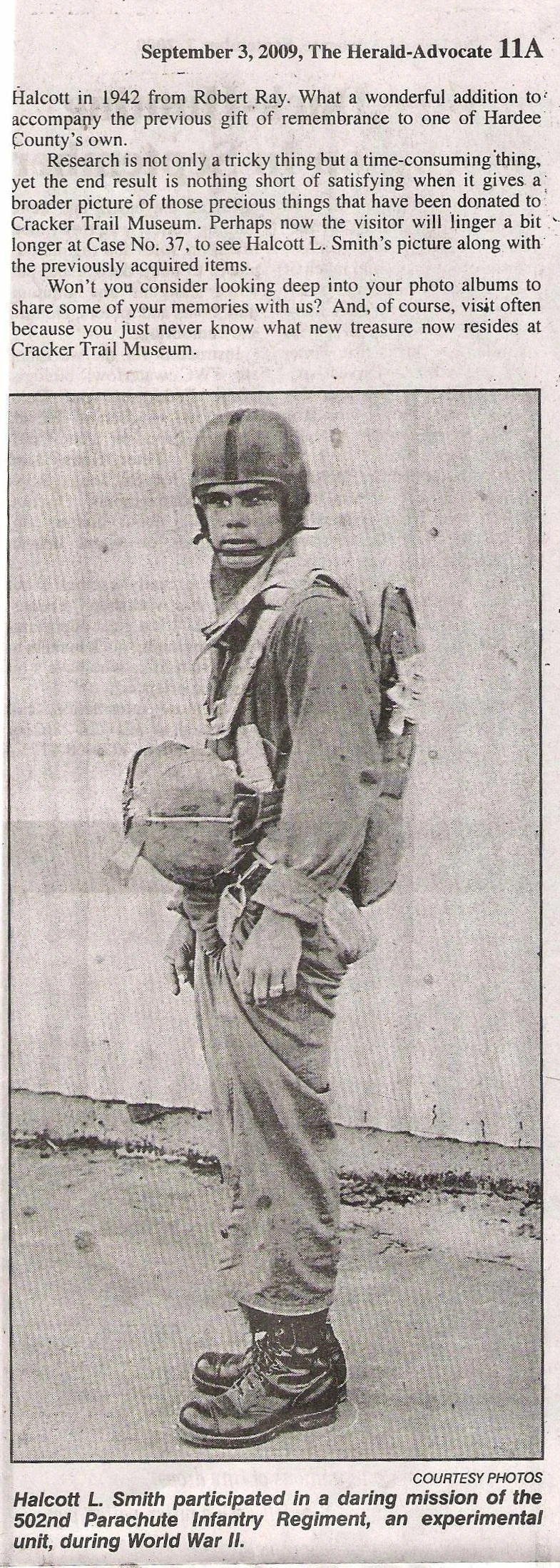How Hot is it?
How Hot is it?
The birds have to use potholders to pull worms out of the ground.
Funeral processions are pulling through Sonic for ice cream.
The Devil was in Wal-Mart buying an air-conditioner.
The loaf of bread you bought at the store was toast by the time you got home.
Siri asked you to put her in a glass of water.
The white-collar workers have become rednecks.
You pour McDonald's coffee into your lap just to cool off.
The trees are whistling for the dogs.
The best parking place is determined by shade instead of distance.
Hot water is all you get out of the faucet.
You can make sun tea instantly.
You need a spatula just to undress.
The bees are taking off their yellow jackets.
You take a cold shower and get third-degree burns.
You stick your coffee cup outside for five seconds to warm it up.
Tabasco sauce and Texas Pete are being chugged to cool off.
You learn that a seat belt buckle makes a pretty good branding iron.
Both thin and heavy people step outside and say, “Lord have mercy…”
You can cook frozen lasagna in your mailbox.
The temperature drops below 95, and you feel a little chilly.
You watch “The March of the Penguins” over and over just to cool down.
You discover that in August, it only takes one finger to steer your car.
The city of New York is working on getting the Statue of Liberty to lower her arm.
You discover that you can get sunburned through your car window.
People on street corners are holding signs that read, “Will work for shade.”
You actually burn your hand opening the car door.
The fish are frying as soon as you pull them out of the water.
You break into a sweat the instant you step outside at 6:30 a.m.
Your biggest bicycle wreck fear is, "What if I get knocked out and end up lying on the pavement and cook to death?"
The lawn sprinklers are spraying steam.
All the neighbors are in your pool when you come home.
You realize that asphalt has a liquid state.
Your freezer cries every time you open the door.
Your ex’s heart is finally melting.
Golfers are now hoping to shoot the temperature.
You have to boil the water in the creek to cool it down.
Humpty Dumpty was hard-boiled when he fell off the wall, so it was no problem putting him back together again.
You pick cool clothes that aren’t hip but comfortable.
The potatoes cook underground, so all you have to do is pull one out and add butter, salt, and pepper.
Farmers are feeding their chickens crushed ice to keep them from laying boiled eggs.
The cows are giving evaporated milk.
You daily give God thanks for living in an era when there is air conditioning.
Every church in town has a sign out front saying, “If you think it is hot now, try eternity without Jesus.”
In the midst of this heat wave, it’s a good time to think about heaven. Revelation 22 tells us there is a life-giving stream that flows from the throne of God. The Bible doesn’t say this, but my hunch is that stream is cool and clear, just the kind of stream you want to put your feet in to cool off. Of all the things heaven is, it is a place where we experience the cool, refreshing, pure grace of God. When you begin to live the with-God-life, you start experiencing that grace right now.
Dip your feet in His grace. Cool off in His love. Let His pure forgiveness refresh your soul.























